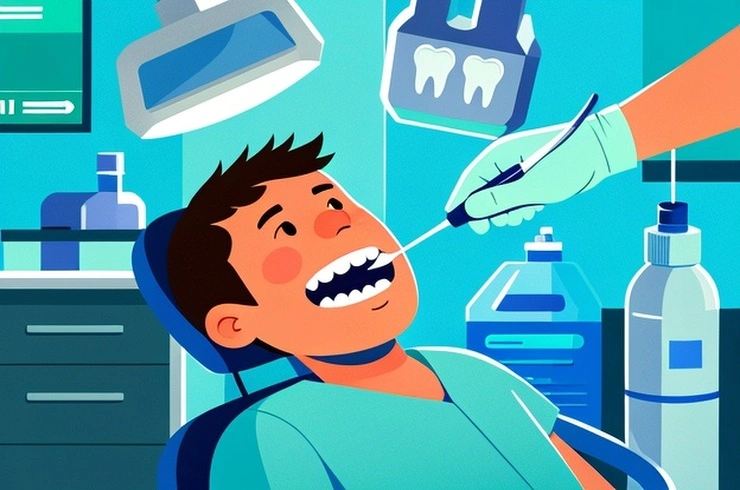
Choosing a dental professional is a significant decision, as they will be a long-term partner in maintaining your oral health. The American Dental Association (ADA) and other experts offer valuable guidance to help you make an informed choice.
Initial Steps to Finding a Dentist:
Start your search by leveraging your network. Recommendations from family, friends, neighbors, or colleagues can be invaluable. Your family physician or local pharmacist might also offer suggestions. If you're relocating, don't hesitate to ask your current dentist for a referral in your new area.
Professional organizations are another excellent resource. Contact your local or state dental society; the ADA website (www.ada.org) provides a comprehensive list. These societies are often listed in phone directories under "dentists" or "associations." The ADA strongly advises contacting or even visiting multiple dental offices before making your final selection to ensure the best fit.
Key Considerations When Choosing a Dentist:
Since you'll be developing a long-term relationship with your dentist, comfort and trust are paramount. As you assess potential candidates, consider asking the following questions:
Convenience: Are the office hours compatible with your schedule? Is the office easily accessible from your home or workplace?
Credentials and Philosophy: Where did the dentist receive their education and training? What is their approach to preventive dentistry, emphasizing proactive care over reactive treatment? How often do they participate in continuing education and professional conferences to stay updated on the latest techniques and technologies?
Patient Comfort and Safety: What types of anesthesia is the dentist certified to administer to help ensure your comfort during procedures? What arrangements are in place for dental emergencies outside of regular office hours? (Reputable dentists typically have arrangements with colleagues or emergency referral services.)
Financial Transparency: Is clear information provided regarding all fees and available payment plans before treatment begins? If you're comparing options, don't hesitate to request estimates for common procedures like full-mouth X-rays, an oral exam and cleaning, and filling a cavity.
Insurance and Office Policies: Does the dentist participate in your specific dental health plan? What is the office's policy regarding missed appointments?
During an Office Visit, Observe the Following:
Cleanliness and Organization: Does the office appear clean, neat, and well-organized? Are all surfaces and equipment in the treatment rooms visibly clean?
Staff Professionalism: Is the dental staff helpful, courteous, and willing to answer your questions thoroughly?
Infection Control: Do you observe the dentist and staff consistently wearing gloves and other appropriate protective gear during patient treatment?
Finding Dental Care for Individuals with Special Needs:
The ADA Council on Access, Prevention and Interprofessional Relations offers specific advice for those with special needs:
Open Communication: Be upfront with the dentist about your specific health conditions or financial circumstances.
Dentist's Experience: Inquire if the dentist has specialized training or prior experience in treating patients with your particular condition. Ask if they have a genuine interest in working with patients who have similar needs.
Accessibility and Insurance: Confirm if the dental facility is accessible for individuals with disabilities and if the dentist participates in your dental insurance program.
Additionally, the council suggests contacting:
The dental director at your state department of public health (information available on the ADA's website).
The nearest dental school clinic or hospital dental department, especially if affiliated with a major university.
The Special Care Dentistry Association at (312) 527-6764.
Locating Charitable or Low-Cost Dental Care:
Because dental assistance programs vary by state, your state dental society is the best resource for information on local programs. Dental school clinics are another excellent option for lower-cost dental care, as their fees generally cover materials and equipment. The ADA provides a list of dental school clinics, and your state dental society can confirm if one is in your area.
Pro Tip
The content of the article is shared by netizens, please carefully identify it